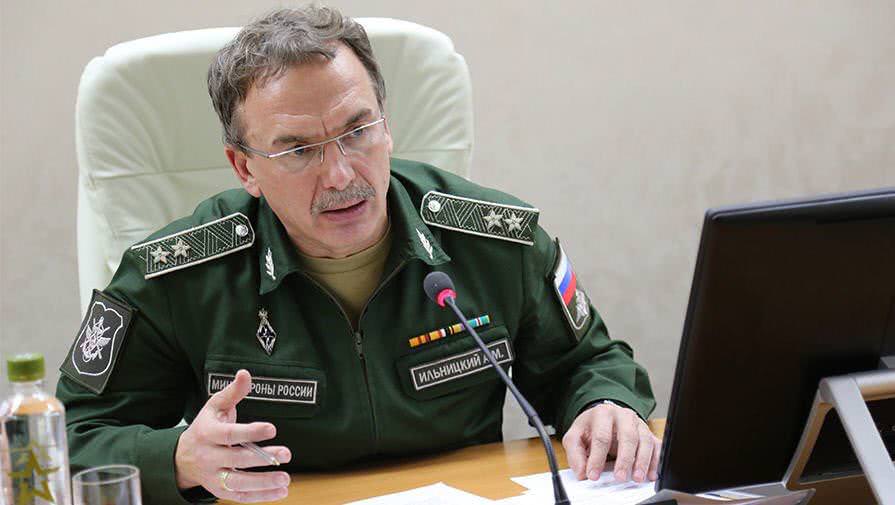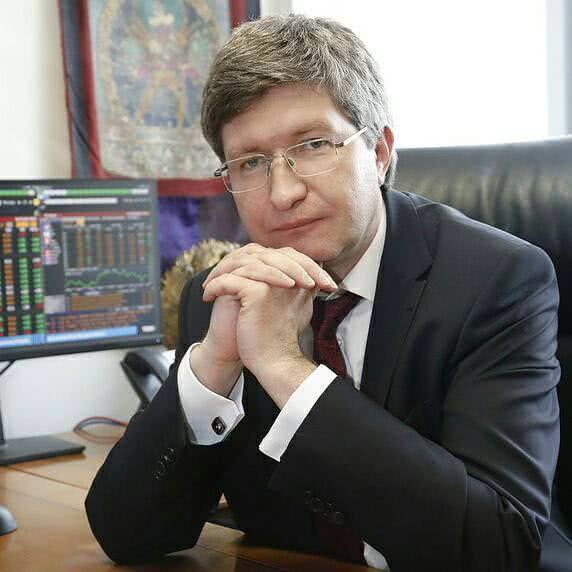Author: Andrej Il’nitskij, Alexander Losev – 21/06/2019
ARTIFICIAL INTELLIGENCE
Advances in machine intelligence and artificial neural networks open the way to the creation of a super-power system, which is called artificial intelligence (AI). The world’s leading powers, including Russia, have begun to implement national AI development strategies. But like any dual-use technology,AI carries not only benefits but also risks. Moreover, the risks become a global scale, especially if there is a monopolization of key technologies in one of the powers, if AI becomes a weapon of psychological and information warfare or cyber warfare.
“If someone can provide a monopoly in the field of artificial intelligence, the consequences are clear to all of us: he will become the ruler of the world,” President Vladimir Putin said at a meeting on the development of AI technologies.
Alas, the reality is that the modern world objectively lives in a state of hybrid war, which is conducted for hegemony, for resources and for maintaining control over Finance, trade and technology on the one hand and for multipolarity and its own future on the other hand.
In this situation, reliance on nuclear deterrence is salvation. Nowadays, and this is recognized by our opponents, Russia is able to cause unacceptable damage to them, because the probability of a direct “hot” nuclear conflict is unlikely. But for the same reason, the main “means of defeat” to weaken the enemy are the inhibition of its technological development, economic sanctions, information manipulation, cyber-action, as well as the creation of multi-scale instability.
And at the same time the development of own technologies of artificial intelligence and use it for the purposes of national security and defense allows compensating the strength of the enemy on the strategic directions. That is why it is believed that AI is the third revolutionary innovation in military Affairs after the invention of gunpowder and nuclear weapons.
The United States strive to take a leading position in the study of AI and its use for the development of cyber weapons and autonomous weapons that can be used both to monitor the enemy and to attack. China is also actively working in this direction.
A number of experts, businessmen and representatives of IT companies are calling to ban the development of any types of weapons and Autonomous technologies that use AI, telling that it will eventually destroy humanity.
In fact, the fear of “military” AI is unjustified. Strategic decision-making and high-level orders will still remain in the hands of people, while robotics and autonomous weapons will be supplied to the operational-tactical units.
Artificial intelligence is not only robots and automated systems, it is also a cyber weapon and cyber espionage. Unlimited cyber capabilities are now the main risks of such technologies.
Given the widespread transition to digitalization, the impact of cyberattacks will continue to grow, as will budgets for cyber defense and counteraction. The “hunt for vulnerabilities” will be so well automated that the conditional “third world war” can happen in a few seconds, if one state with the help of AI technologies will take control of all the major life support systems of rival countries.
It is obvious that in the sphere of public administration, as well as in the field of defense, decisions at the highest level are the competence of the political leadership of the country. The introduction of AI into the management system will significantly expand the possibilities of rapid collection and analysis of information of a public nature, which will allow to make socio-economic decisions and form certain aspects in domestic policy.
Also we must understand that AI can act not only as an advisor and assistant, but also as a “digital Mephistopheles”. AI, included in the technology of public administration, becomes an instrument of domestic policy and can lead to both the strengthening of the state power and its destruction. Unpreparedness to implement or errors in the creation of AI pose serious threats. And in many ways today the danger of machine intelligence is concentrated in the field of competence, and not in the use of AI in drones or tanks.
There are obvious risks in the field of information and in cyberspace. AI will soon be able to create “fake news”, post fake press releases on the websites of governments and Central banks, form an artificial reality online, change the video content of TV programs to influence the minds of citizens and force politicians to make “required” decisions. Innovative achievements in the field of AI are not only use for the economies, but also the risks to provoke a real conflict between the countries. And this is a serious danger of new technologies.
And more about the risks of a purely Russian specifics. Announced in the Russian program of total digitalization, in some places, alas, is very similar to the race for budgets. This creates additional national security risks. The essence — in vicious practice when victories in tenders of public procurement sometimes get not to the competent scientific and production organizations, and those companies where “effective management” has communications and is trained to reach budget money quicker than all the others.
State expertise is needed both for the projects themselves, implying the use of AI technologies, and for the built testing system to detect possible errors, intentional tabs and failures.
But the most important thing that Russian politicians, the state and business should think about now is the scale of investment in research, the stimulation of developments in scientific institutes of the Russian Academy of Science and research centers, in leading technical universities, in private corporations. It is necessary to stimulate and support the interaction of industrial enterprises with IT companies and laboratories, to build international cooperation. And, of course, to pay maximum attention to quality school and higher education.
Without all this, Russia will not be able to create the necessary competencies and strengthen its potential in the field of cybersecurity and national security in General.

Andrej Il’nitskij, Advisor to the Minister of Defense of the Russian Federation

Alexander Losev, Member of the Presidium of the Council on Foreign and Defense Policy
